
On January 26, 2018, 80 people representing government, legal services, front line organizations, women’s groups, and women dealing with violence against women and the law attended Women Seeking Safety: Battered Women’s Support Services (BWSS) forum on violence against women, their children and the law. The forum is a continuation of our ongoing work with women victims of violence looking at systemic change, lethality/assessments and recommendations when it comes to the law. This forum emerged following our open letter to Minister Eby in regards to the Provincial Court Family Rules Project and in part, the recent tragic deaths of Chloe and Aubrey Berry. Children who have witnessed violence against their mothers are also being abused and they experience the impact. With alternative dispute resolution processes, unfortunately, family justice counsellors, judges and others in the legal system are continuing to place an overriding importance on children’s contact with their father, even if he is abusive.
The forum began with a territorial welcome by Cecilia Point, Musqueam, followed by a performance of the Strong Woman’s Song by Wildflower, Women of Turtle Island Drum Group.
Rosa Elena Arteaga, Manager of Direct Services and Clinical Practice at BWSS shared a story of ‘Jane’ a woman who she worked with for 10 years, navigating the legal system following leaving her abusive husband who was also sexually abusing their daughter. “Jane’s story is the story of many women. Women and children should be heard and believed.”
As noted in the open letter, “…women in B.C. are being forced into contact with men who have battered them. Allegations of child sexual abuse are being dismissed without investigation as false and vengeful charges by embittered mothers (aka parental alienation). Children are being ordered by the courts to spend weekends with fathers who have abused them. Children are not always returned from access visits: some are kidnapped and taken to other provinces or countries. Women’s parenting role and skills are being devalued, while even the most negligible contribution to parenting is honoured if it’s made by the father. Parenting arrangements are being used by the abusive father to prevent paying child support, while the bulk of child-rearing expenses fall to the battered woman. Indigenous women, Immigrant women, Black women, Women of colour, women with disabilities, lesbians, poor women – and their children – are suffering these realities more acutely and with less recourse. And all this is happening in the name of equality and fairness and with claims of concern for children”.
At BWSS, we have observed, for over 23 years, an increase in a climate where alternative dispute resolution (ADR) is now believed to be a better option as the legal systems become more sensitized. Over and over again BWSS and other women serving organizations have said that alternative dispute resolution in cases where women have experienced abuse including violence do not work. ADR presumes equal bargaining power between participants, which ignores the obvious and, often profound, power differences between men and women. These power differences, which are particularly severe in abusive relationships, leave women in a significantly vulnerable position. The impact of such power differences is strongly intensified when women are mandated to partake in a process where the goal is to reach an agreement with their abuser about significant issues like parenting arrangements.
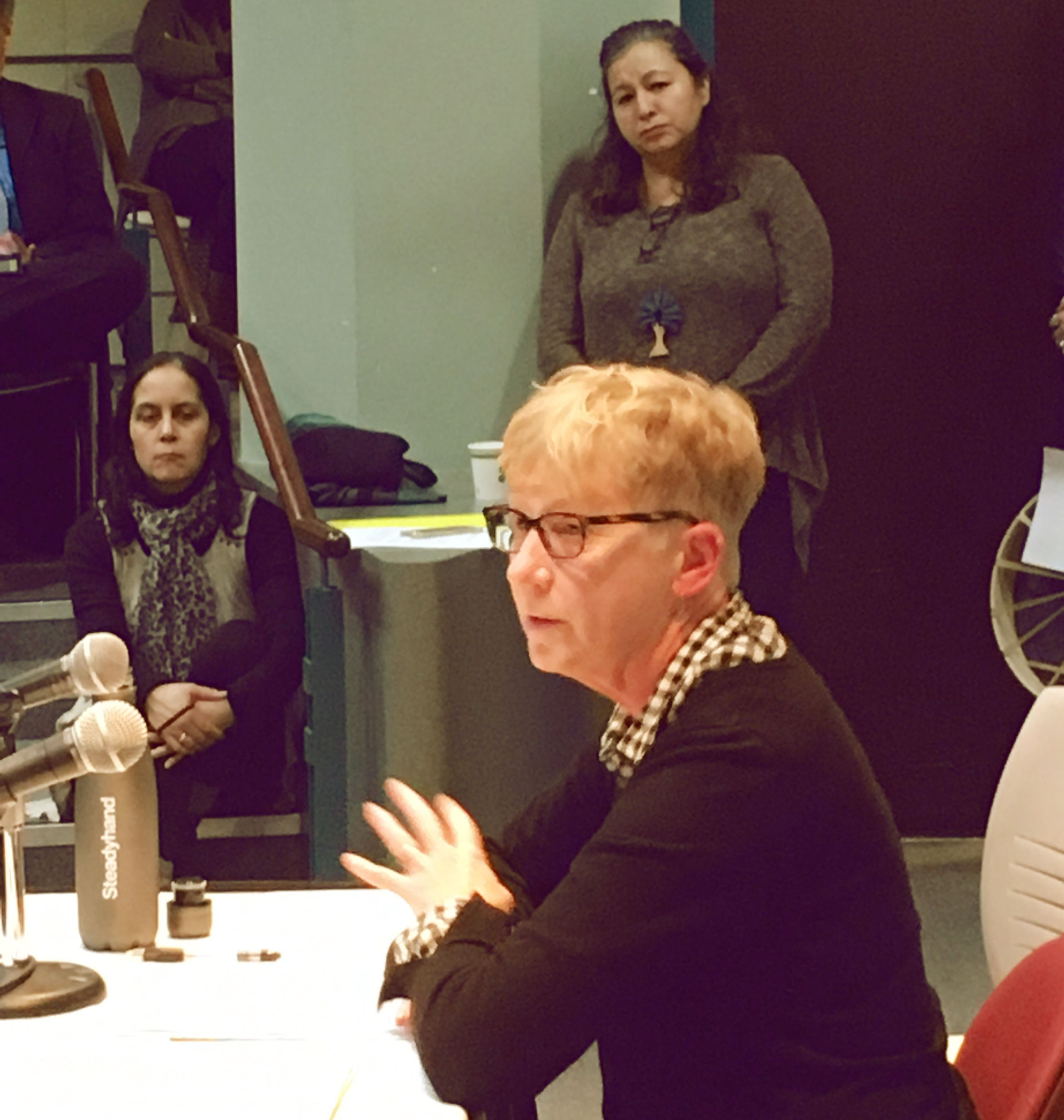
“The case law indicates three troubling trends. First, while decision-makers are required to consider violence when addressing a child’s best interests, they have considerable leeway about how that informs any resulting parenting plan. Second, cases reveal faulty assumptions about the nature and impact of spousal violence. For example, notwithstanding clear statutory language, emotional and psychological violence are not considered to be as serious as physical violence. Third, normative assumptions about the value of shared parenting detract from the significance accorded to determinations of family violence”, Professor Emerita Susan B. Boyd
As noted in Jane’s Story, women often feel stuck between following court orders that side with the father and wanting to protect their children.
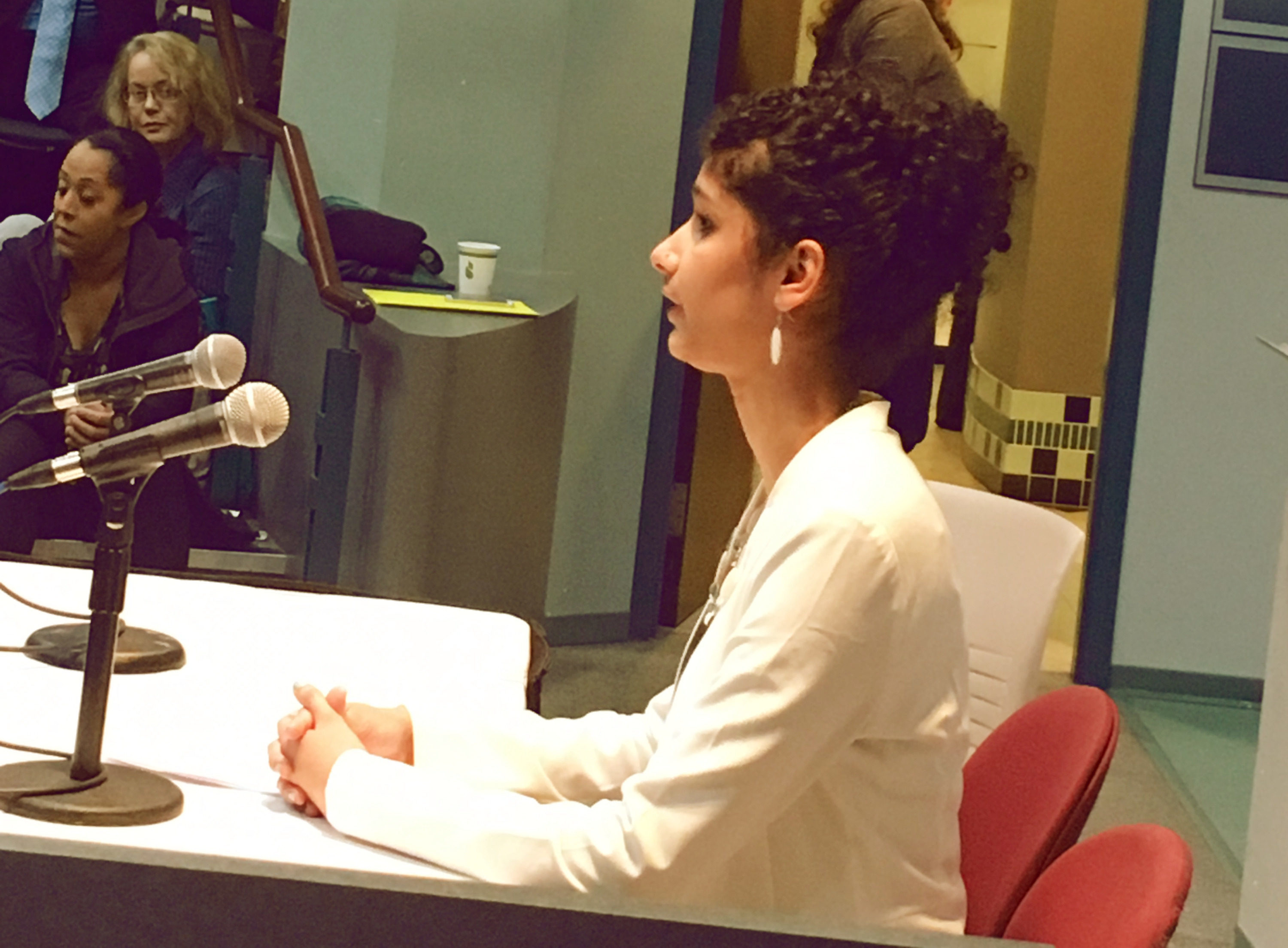
“In my practise as a lawyer at BWSS, I have learned that the various arms of the legal system often revictimize survivors of violence, by requiring repeated disclosure of their most traumatic memories to various participants of the system, including police officers, social workers, lawyers, and judges. Such disclosure is often met with disbelief, and if believed, women’s concerns are often dismissed or minimized. Nowhere is this more evident than in the family court system where women are continually forced to confront their abusers in court and comply with co-parenting orders that allow their abusive partners to spend time with their children. Women face the impossible choice of either following the court order and placing their children in jeopardy or being held in breach of the court order and be threatened with fines and other consequences”, Harshada Deshpande, Manager of Legal Advocacy and Services at BWSS
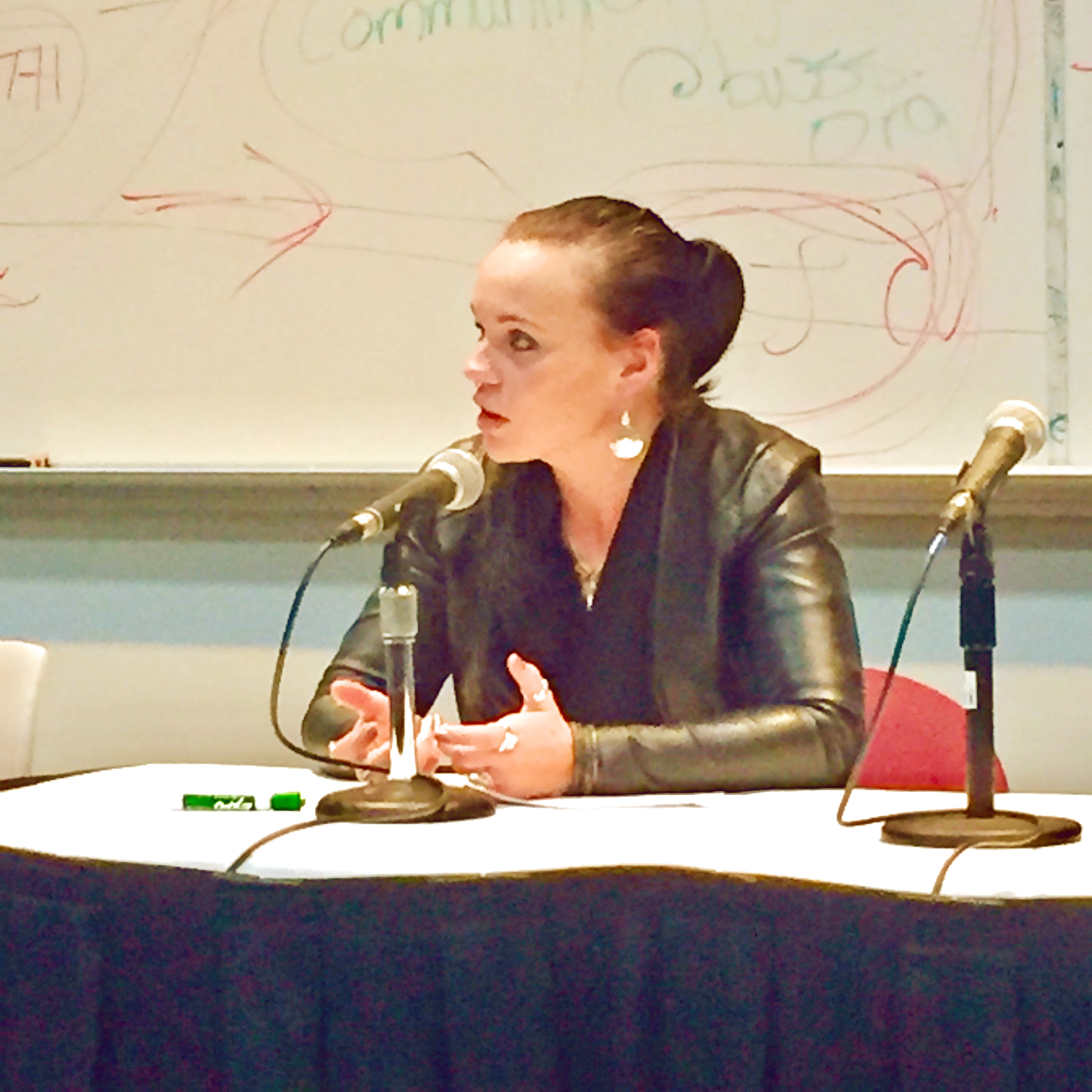
The assumption that there is value in shared parenting time even if a father is abusive is a dangerous one and can have fatal consequences.
“Women are hesitant to use the family court system to expose his violence in the fear that she will be punished by shared parenting time and decision, that she will be viewed as speaking ill of the father or trying to limit his access to the children, or on occasion accused of alienating the children from the father. When in reality her only goal is to protect her children from an abusive man. Yet the court, in particular the family court, has the authority and ability to air on the side of caution to believe the women and restrict or deny his access to the children. Instead what we hear over and over again is although they believe there was violence in the home directed to the mother, this should not dictate his ability to be a parent to his children. YES, it does mean he should not have access to his children. Yes it does mean he is not capable of being a good father to his children. And this 100 percent means that shared parenting time not only continues to put her safety at risk but the safety of her children is also at risk. Men who resort to hurting or killing their children do so because they have lost control over hurting her and therefore will hurt, what is most important to her, her children”, Summer Rain, BWSS Manager, Indigenous Women’s Program.
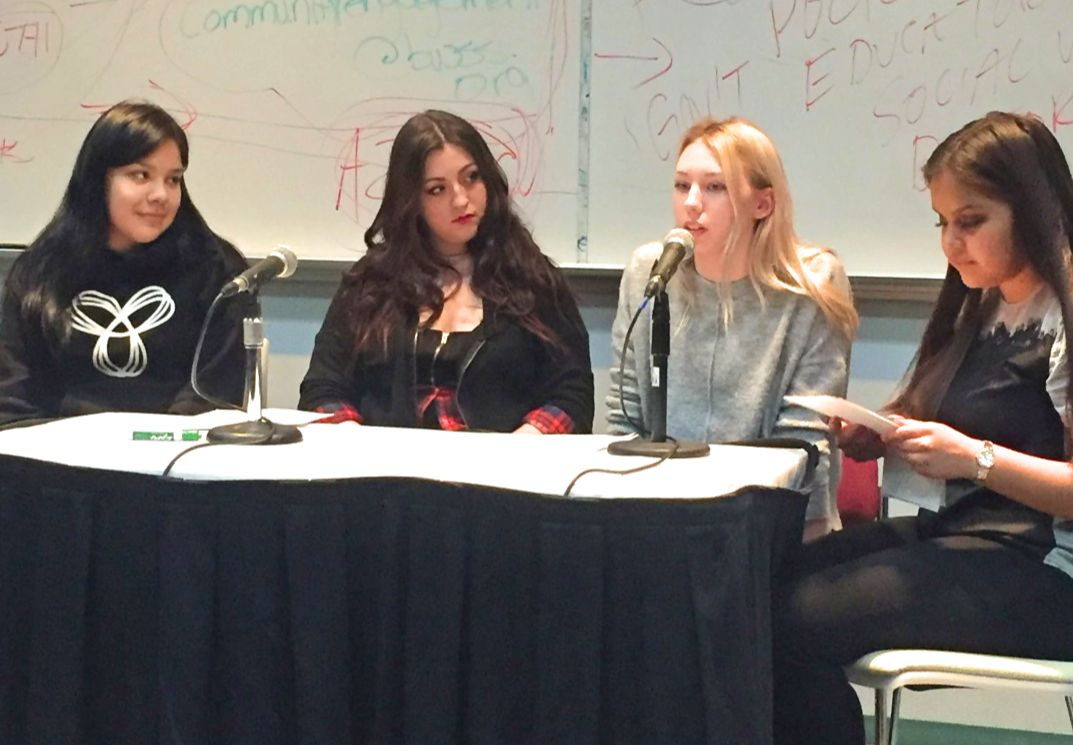
Justice for Girls interns, Maila Terry, Idalia Morrisseau, Savanah Norman and Sadae Johnston
There are often systemic failures that have a lasting impact and many girls who live in a home with an abusive father or father figure are not always being supported, just like ‘Amy’ from Jane’s Story.
“When girls attempt to escape male violence within the family home, government authorities such as police and child welfare often send girls back into their family homes where the abuser remains or remove girls from their family homes/communities to be placed in unsafe and/or inadequate government homes/youth shelters, but rarely remove the abusive adult male from the family home or pursue criminal prosecution against him”, Justice for Girls interns, Maila Terry, Idalia Morrisseau, Savanah Norman and Sadae Johnston.
Although there have been changes to law and policies, they will only be effective if there are also cultural changes. Historically, women and children were seen as property of men under English common law, through this, fathers had absolute rights to their children if the marriage ended. The underlying concepts and definitions of family and parenting need to be overhauled which includes social and cultural changes about the assumptions that both parents need to have parenting time, even if the father is abusive.
“At present time, the false notion of gender neutrality has lead to the belief that both parents are equally situated and share equal parenting abilities. Men have power in society and this is reflected in their power over women. Women continue to be the primary caregivers of children. After separation and divorce, many women are relegated to a position of relative poverty which is held against them as it is demonstrated repeatedly through our experience that the legal system will hold women accountable to patriarchal standards but are unwilling to hold fathers to female standards when it comes to parenting. Gender neutrality and standards based on it may appear to be democratic and fair but in reality, this concept pretends that social inequalities between women and men do not exist” Angela Marie MacDougall, BWSS Executive Director, BWSS Open Letter to Minister Eby.
Angela, BWSS executive director and the emcee for the forum posed the question, Is the system not working? Or is it working exactly as it was designed to work? Overall, there needs to be significant changes to the system -Women’s access to justice within a structure of oppression and inequality, designed to protect men of European descent, can cause harm rather then justice for women escaping violence. There needs to be ongoing systemic change and reform in addition to extensive training for judges and/or specialized judges, law students, lawyers, police officers and social workers, and free access to legal representation for women fleeing violence.
BWSS works everyday, on the frontline, supporting women. Beyond that we also work for systemic and social change in various ways, one of which is through the Jane Doe Network, a group of anti-violence and women-serving organizations and individuals working to end violence against women through advocacy for systemic change.
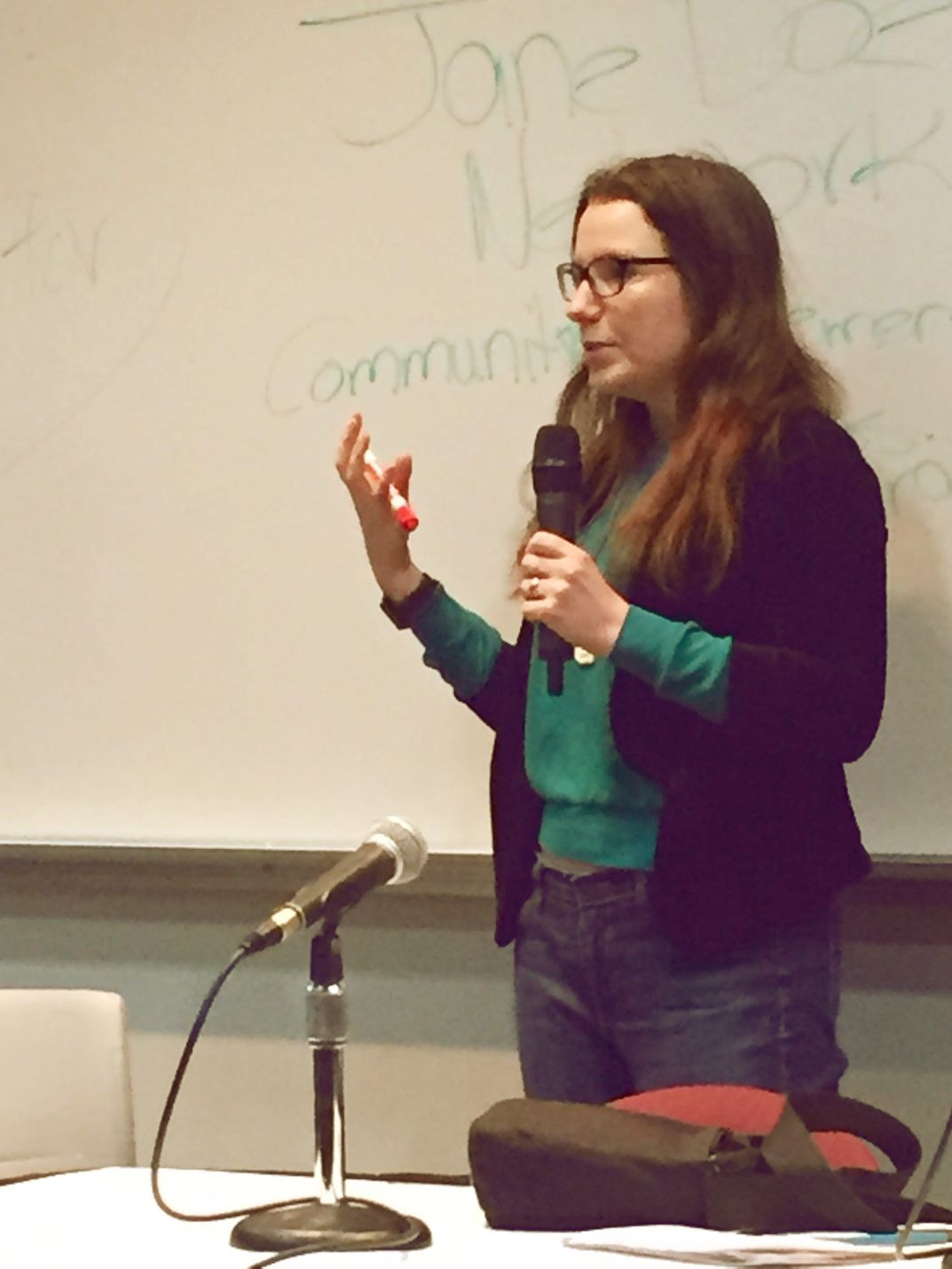
Amber Prince, Lawyer with Atira Women’s Resource Society, shared that the current culture of law school is absent of any critical information violence against women, which means lawyers are representing women without understanding the complexities of violence. Amber stated that conversations about access to justice need to be speaking truth to power and not the other way around. That organizations who do the work every day, like BWSS, should be asked to provide training to those who work within the legal system.
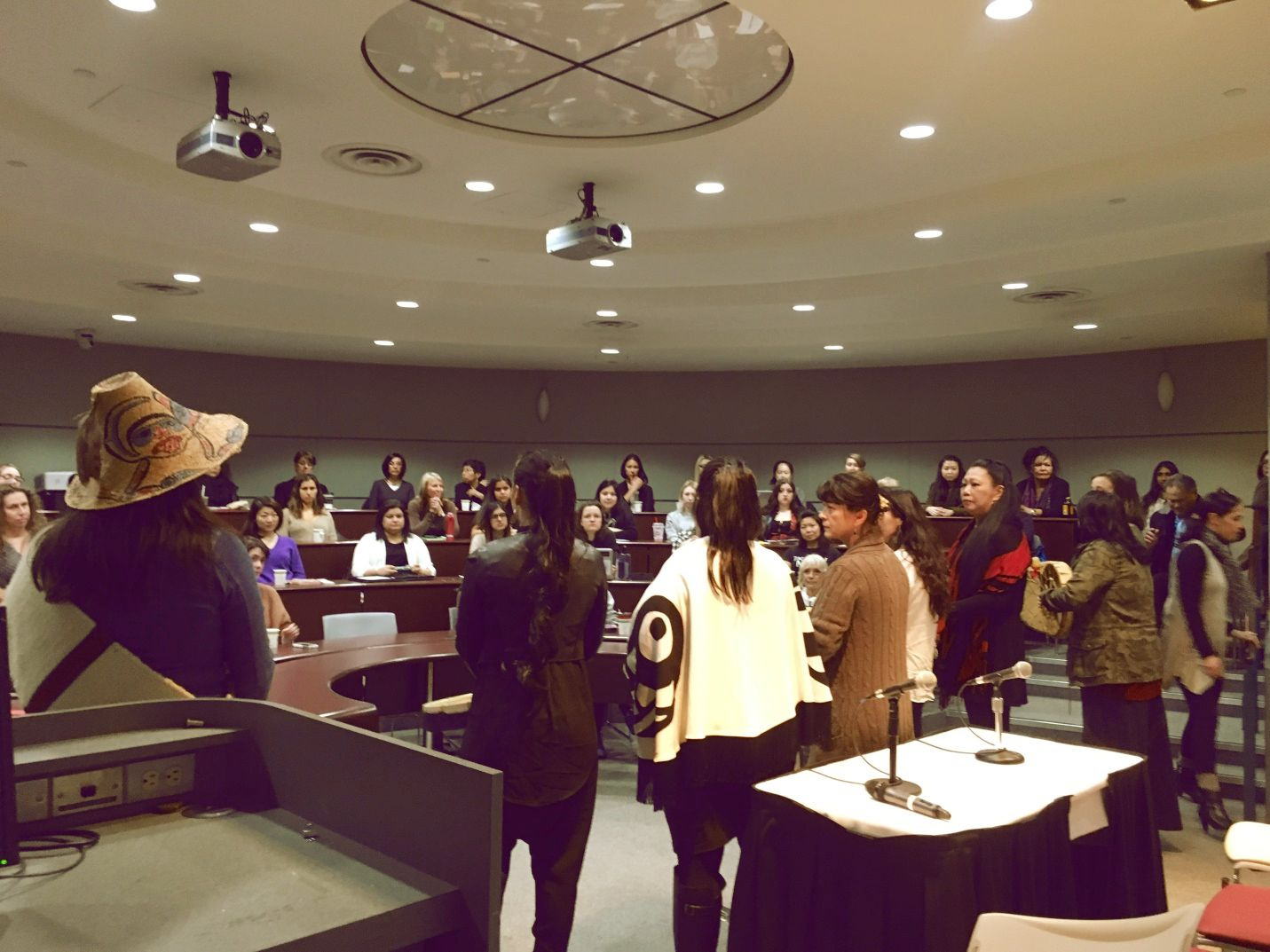
Closing by Wildflower, Women of Turtle Island Drum Group





I joselle shallow is living in a relationship similar to this and don’t know where else to seek help im so Scared ive Tried Welfare Here In Stvincent No Use They Want Me To Bring Him For Counciling I Told Them I Need Out And If They Can Help Me With Somewhere To Stay They Told Me The Boyfriend Would Have To Pay The Rent This Is Such Madness I shewed The Lady The Wounds On My Skin Scars And Marks With Teary Eyes Leaving There Im Here Living in The Same Abusive Relationship Praying for A Miracle Everyday